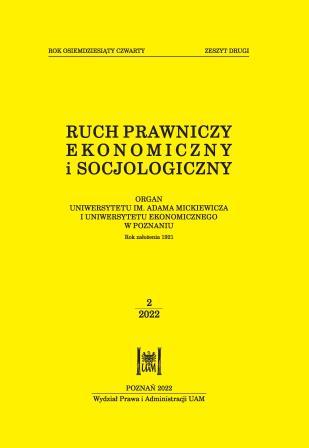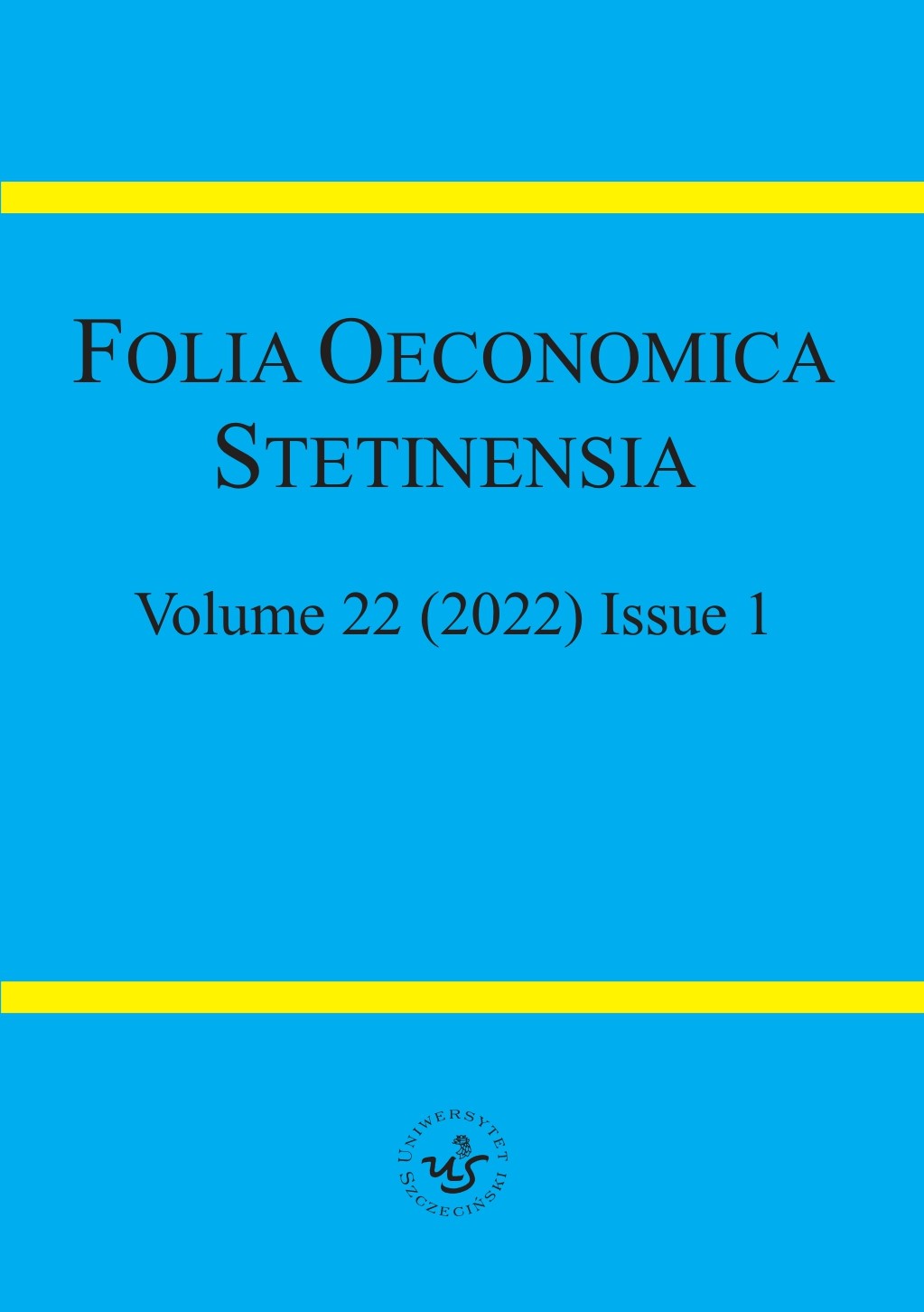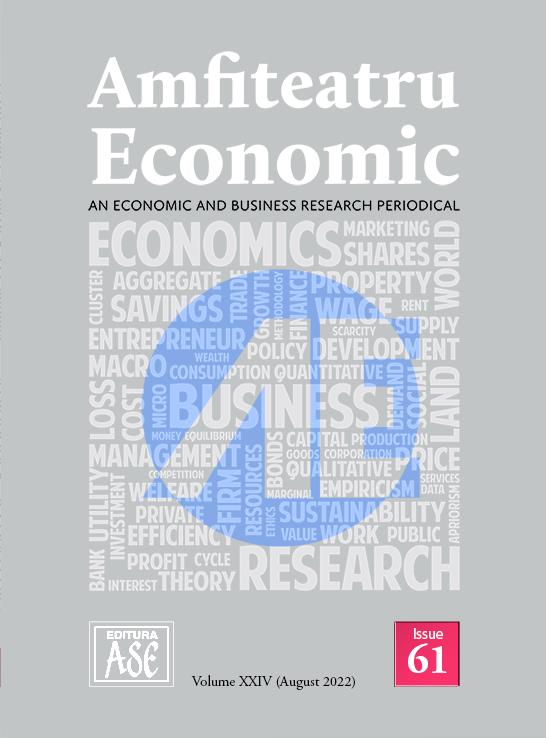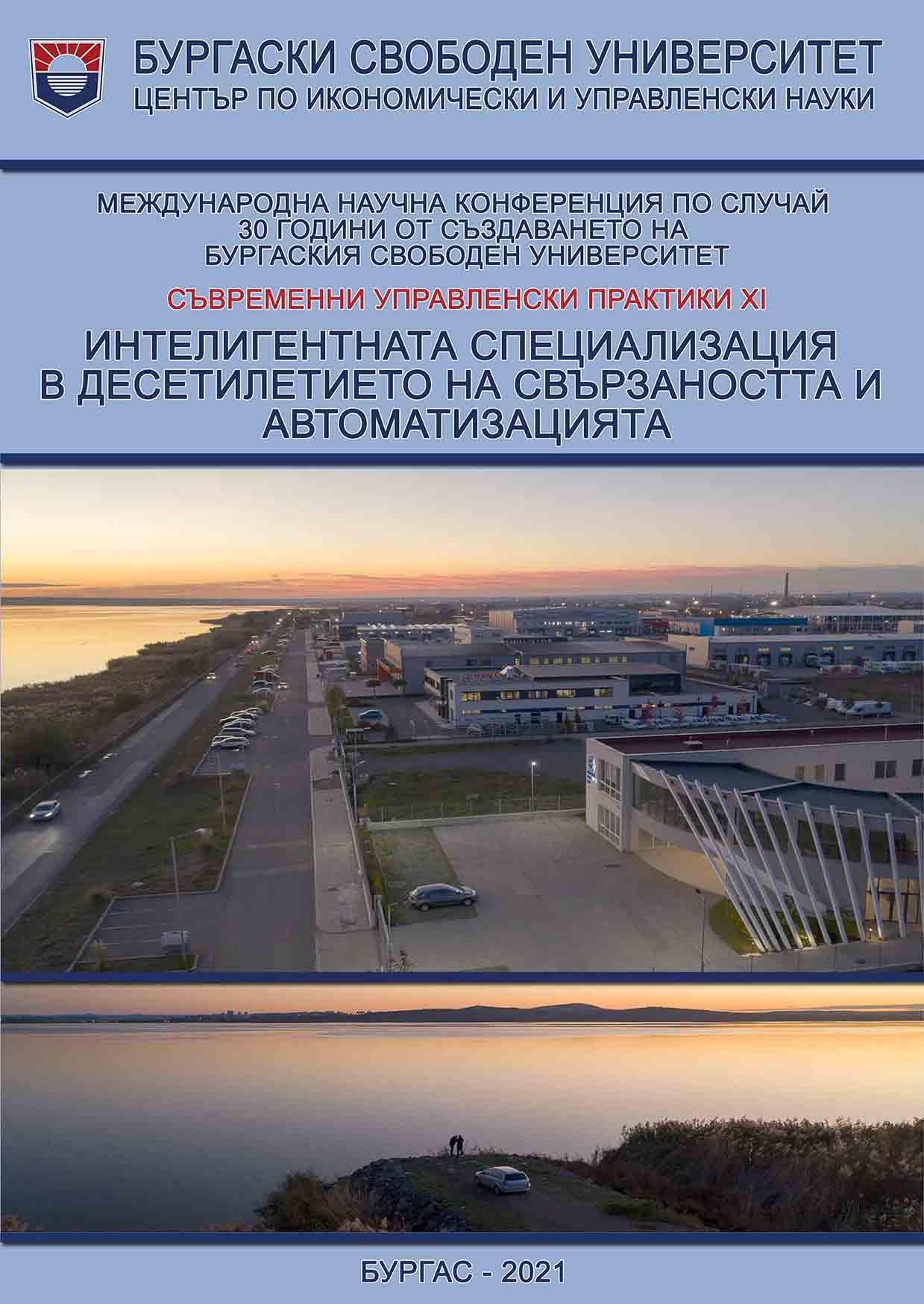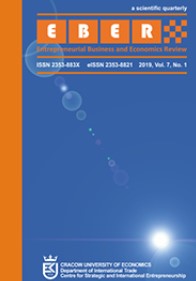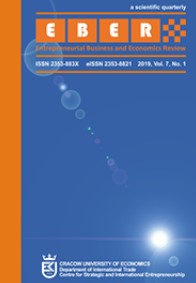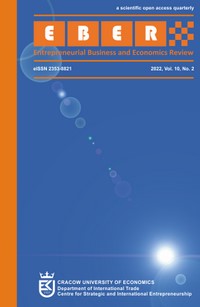
Cele două fețe ale monedei – succesul și eșecul afacerilor
The role of economic entities in the ecosystem of the world’s economies is widely recognized at all levels, due to their contribution to a country’s economic growth and to generating new jobs and as a key factor for research, development and innovation. This is why the companies’ financial decline is intensely studied, being one of the most analysed topics when it comes to economic enterprises, the impact of a company’s bankruptcy propagating itself with a domino effect, which is difficult to quantify and to define in time. In the literature, studies and articles published by renowned analysts, when referring to enterprises in difficulty, we find a variety of attributes, insolvency, reorganization, bankruptcy, payment default, financial collapse, business collapse, decline or failure, respectively. In substance, all the terms used converge to a financially difficult situation, which makes it impossible to continue the economic activity and to meet financial obligations. In the last 20 years we have witnessed the collapse of several internationally renowned companies, and the bankruptcy of some of them has generated or amplified the great economic and financial crisis of 2008-2009. The COVID-19 pandemic created an unprecedented crisis, the economies of all countries in the world being affected, and many companies were expected to cease their business activity, but government support and funding measures paradoxically reduced the number of insolvent entities, contrary to the fundamental economic principles. The real impact of the current economic crisis after the cessation of liquidity infusions from the states should be tracked in the coming years.
More...
